-
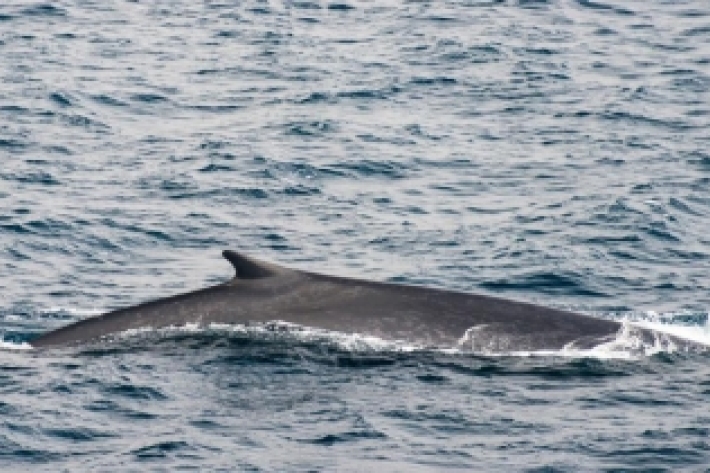
Unique research records rare whale species in Cook Strait
Media release29 March 2017The sounds of whales and dolphins rarely seen in New Zealand waters have been recorded by a NIWA scientist in a pioneering underwater sound project. -
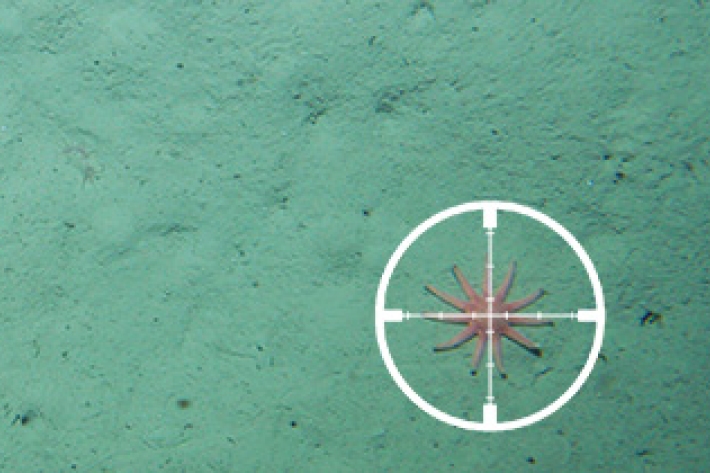
Catch me if you can!
This week we feature a community of critters living on the Chatham Rise sea floor. -
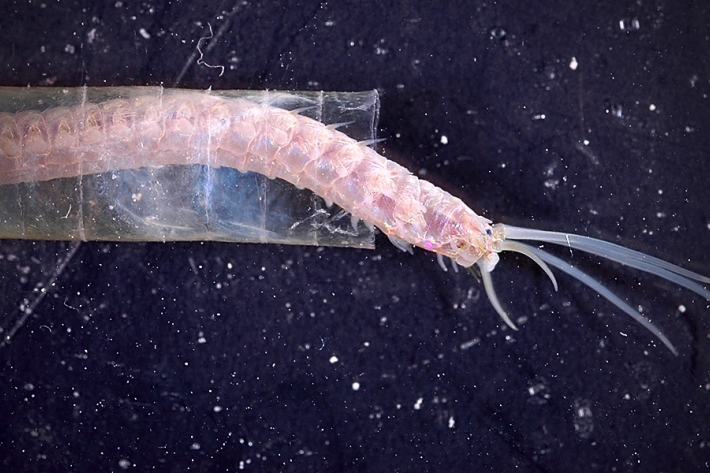
Critter of the week: Hyalinoecia quill worms - Big rig truckers of the sea
In this critter "quill" is not part of a feather but rather a unique tube built by a polychaete worm that lives in it. -

Recording underwater biodiversity after earthquakes
-
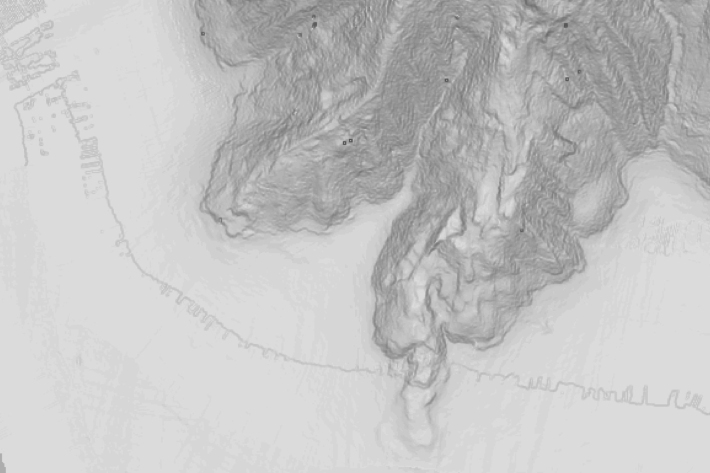
Massive mudslides in Kaikōura Canyon destroy seabed life
Media release27 February 2017Huge mudslides from November’s earthquakes have wiped out all organisms living in the seabed of the Kaikōura Canyon. -
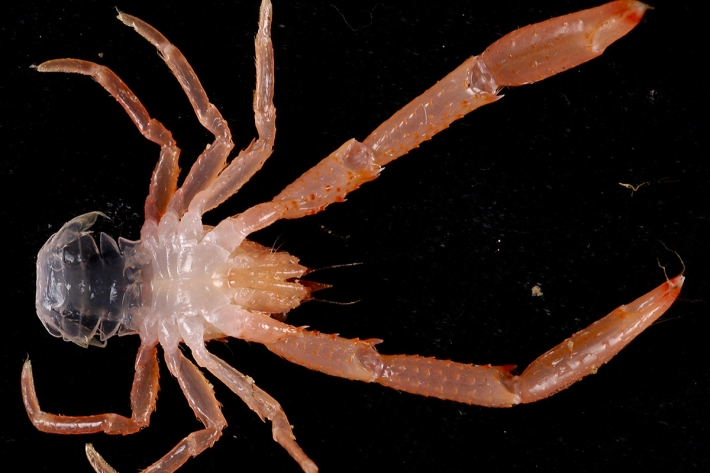
Critter of the Week: A squat lobster for a star!
Squat lobsters are known for their lengthy eyelashes and come in many different sizes from the mighty Munidopsis aries (90mm carapace length) to some species which have bodies only a few millimetres long. -
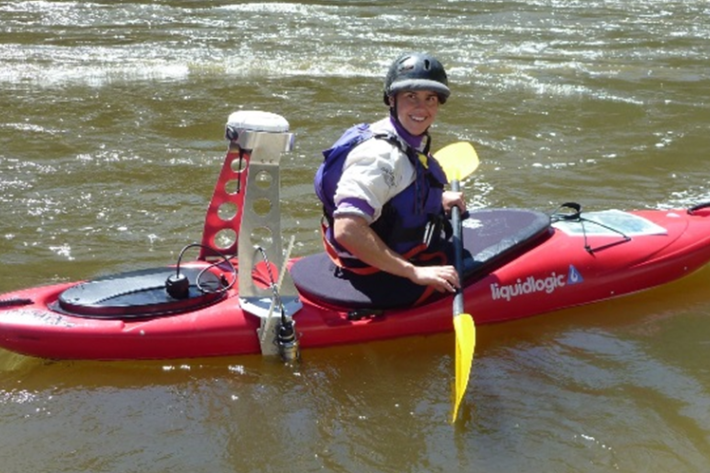
Geomorphology influences periphyton abundance
Research ProjectThis research project investigated whether the mechanisms for periphyton removal in rivers relate more directly to hydraulic and geomorphic conditions than flow metrics. -
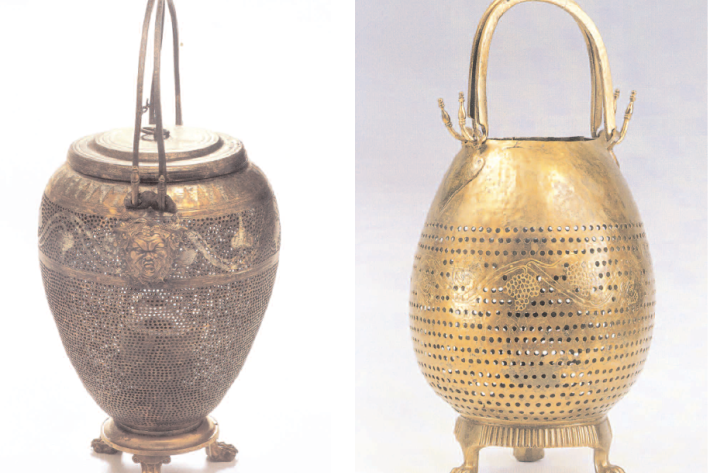
Critter of the Week – Aristotle's lantern: Celebrating the Aristotle Anniversary Year (2016)
This year is the 2400th anniversary of the birth of Aristotle, a philosopher and scientist (384 BCE), who among other many great achievements was the first person to describe the structure, ecology, and diversity of sea urchins – way back in the 4th century BC. -
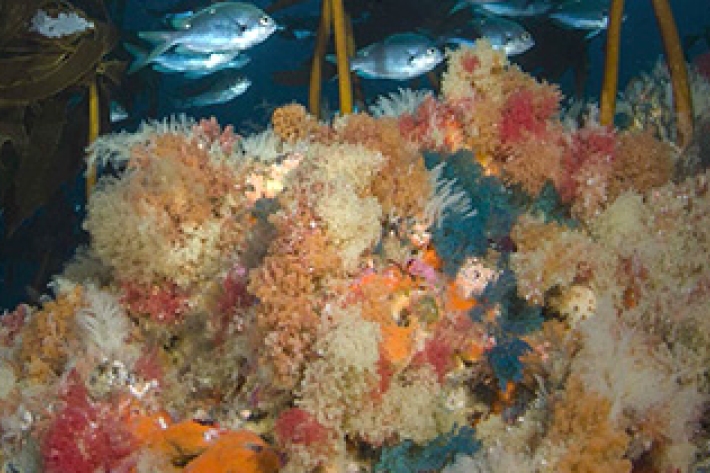
Bountiful Bryozoans
News article12 December 2016A new fully illustrated electronic identification guide, Bountiful Bryozoans, has just been released to help people identify this group of marine creatures in the wild. -

Bountiful Bryozoans
An interactive guide to the bryozoans of New Zealand -
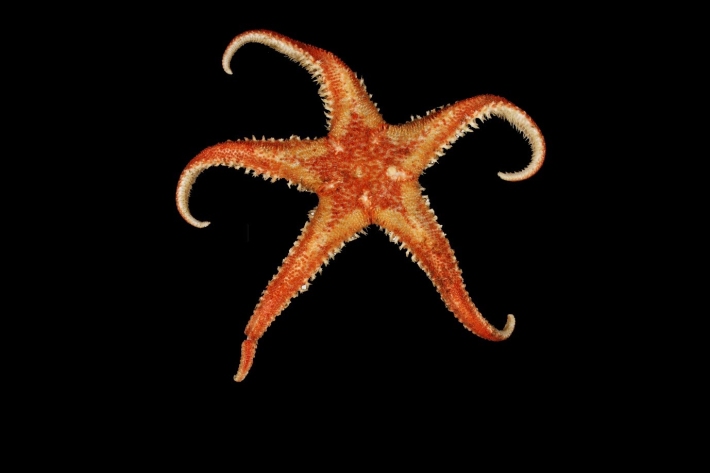
New e-guide on the common starfish of the Ross Sea region, Antarctica
News article16 November 2016The seafloor of the Ross Sea region is covered in ice for much of the year, but many benthic sea creatures live and thrive there.

